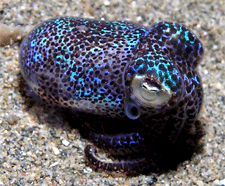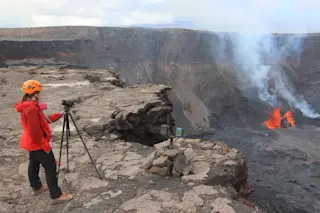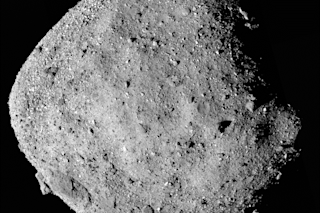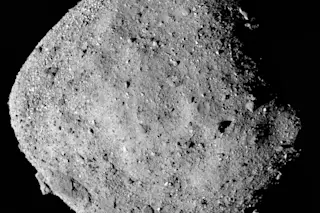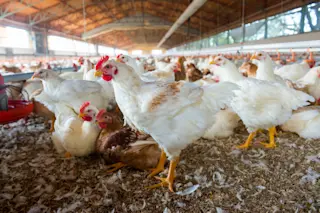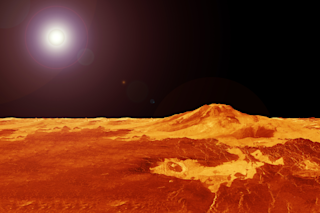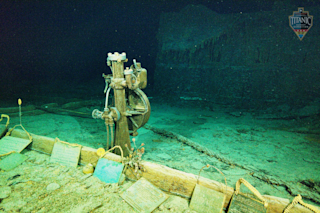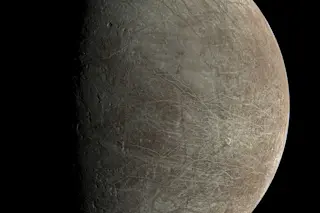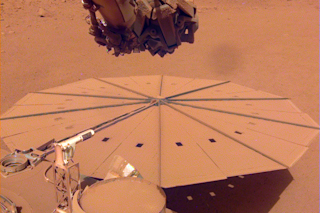What’s the News: Scientists have known for a while that if you put harmful bacteria into outer space, they tend to get even more harmful. Since that discovery, researchers have been itching to know if the zero gravity and radiation of space will have similar effects on beneficial bacteria. With Monday’s launch of Endeavor, scientists can finally try to answer that question: alongside the astronauts, NASA launched the first ever space-faring cephalopod, along with the bioluminescent microbe with which it has a symbiotic relationship, to see if their relationship can stand the stresses of space travel. “This is the first [study] to look at beneficial bacteria” in space, lead researcher Jamie Foster told New Scientist. The Squid and the Microbe:
Soon after baby bobtail squids (Euprymna scolopes) hatch, a glowing microbe known as Vibrio fischeri starts living inside their light organs. Squids use these glowing hitchhikers to shine light underneath ...


